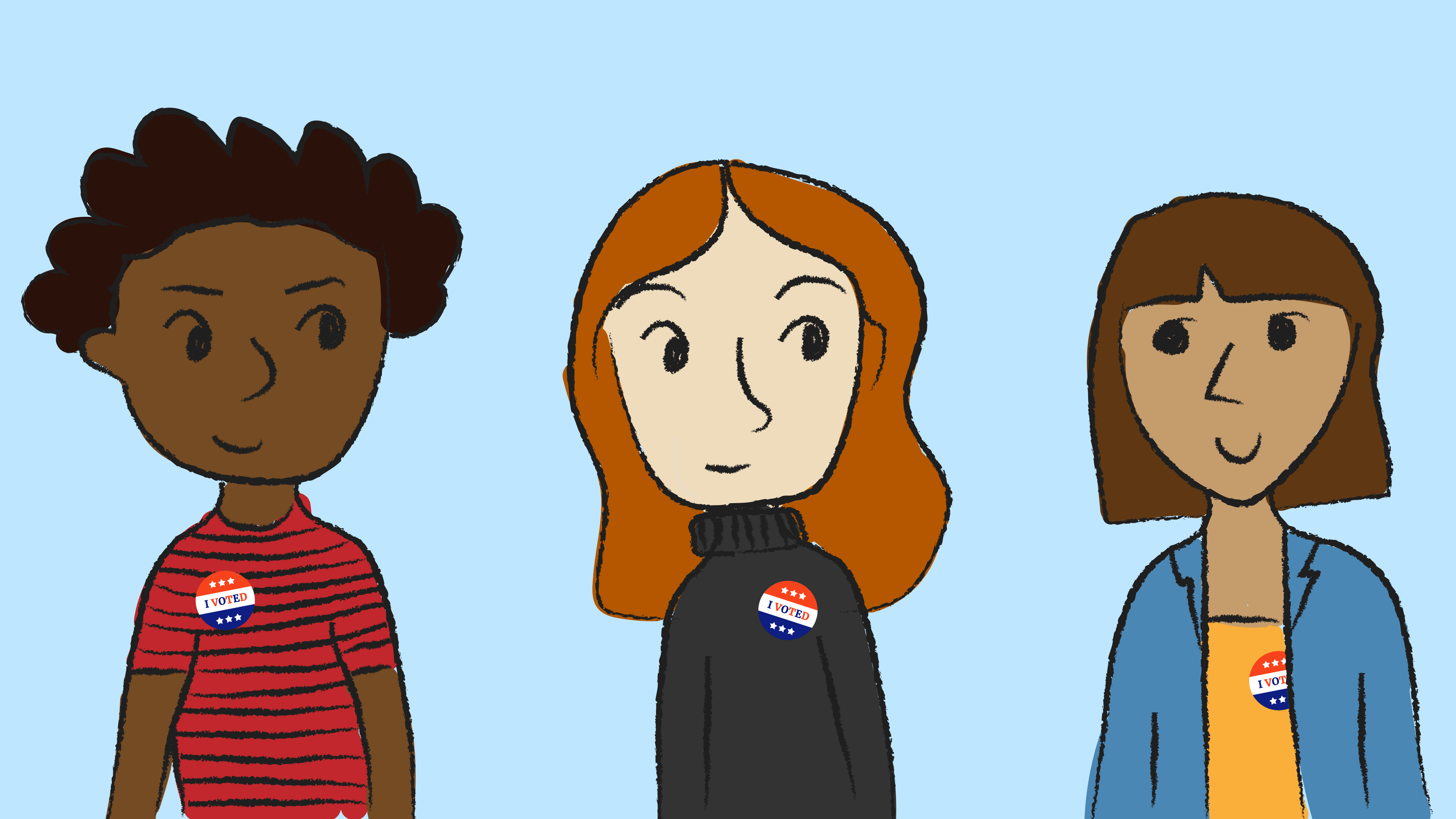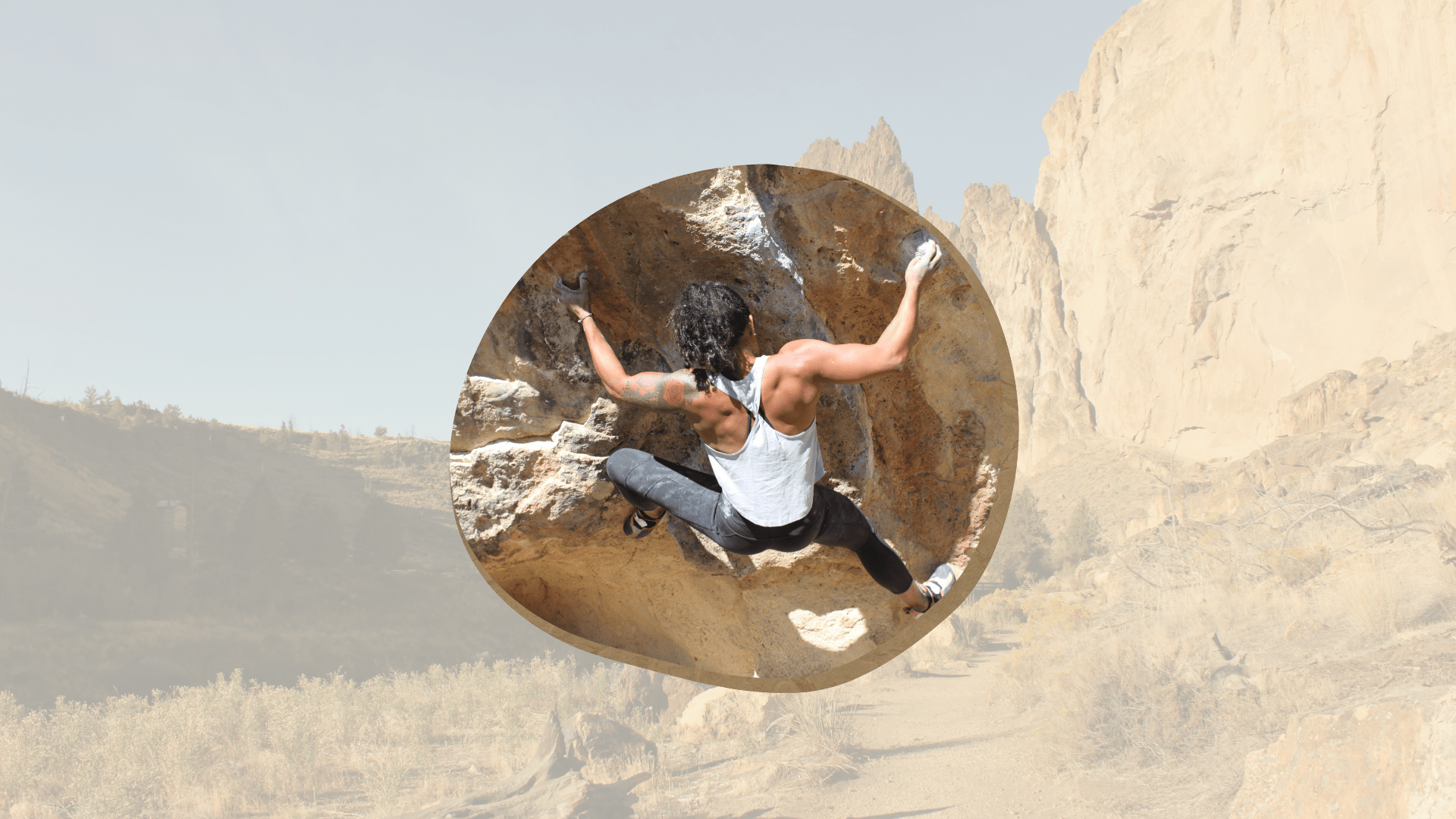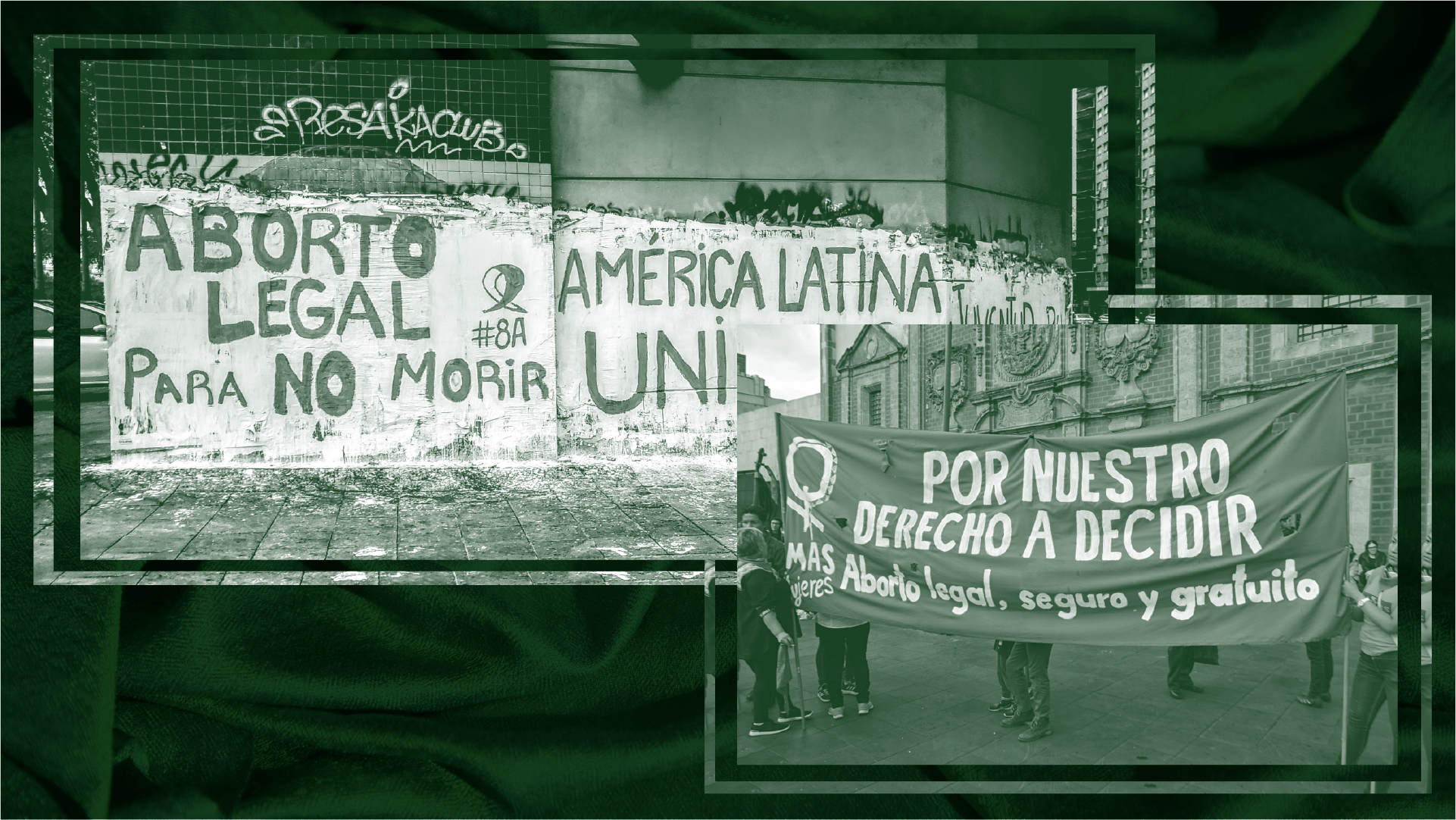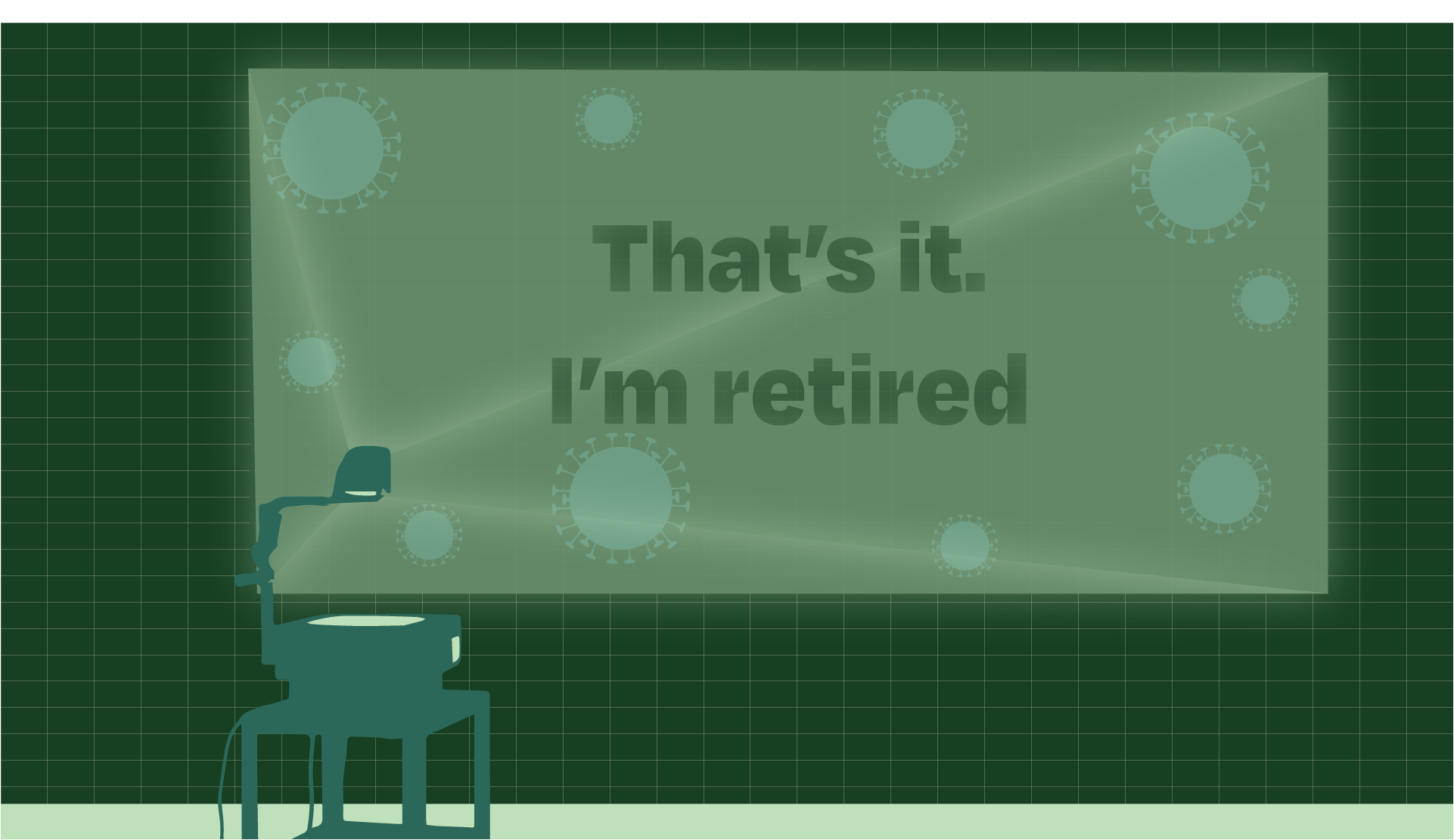
Gen Z on Why They Are Turning Out to Vote
"I think that Gen Z is a lot more intelligent and capable than a lot of kind of older generations like to paint them as.”
Young voters get a bad rep. Less than half of American voters between the ages of 18 and 29 voted in 2016, and the youth vote is often characterized as being “disillusioned” and “apathetic.”
But fast-forward just a few years, and young voters are breaking records. In 2018, Gen Z, Millennials, and Gen X turned out in higher numbers than older generations. A survey conducted this fall by the Harvard Kennedy School’s Institute of Politics found that 63% of eligible voters between the ages of 18 and 29 would “definitely be voting” this year. In contrast, only 47% of surveyed voters in the same age bloc said they would “definitely be voting” in 2016. Gen Z — those born after 1996 — cares about climate change, racial injustice, and LGBTQ+ issues, and they’re hoping their vote can make a difference for their future.
The Interlude spoke to three Gen Z voters who are either participating in their first presidential election or who are voting for the first time ever. Interviews have been lightly edited for length and clarity.
Cam Rodriguez, 20, Illinois
I’m trying to think of which election I was first eligible for — I think it was in Illinois. I’m from Illinois, so it was a statewide election. It was definitely something that I was excited for. I think [it’s] obviously a little bit of a different situation than now. I was able to vote in person. And so being able to vote in person without all these different contingencies was really fun. I worked as an election judge, and as a poll worker from 2016 until late 2018 because I wasn’t old enough to vote for the last presidential election. And so I have always kind of been involved in the election process. It was really cool to be on the other side of the table and actually get to vote instead of just helping people vote. I definitely felt like it was an obligation; I have the ability to vote and so many people fought for the ability to vote that I felt like it was wrong for me to not vote.
[This year] I definitely was excited about, you know, kind of seeing everything. I was like, “Aw, yeah, I get to vote now.” It’s a presidential race too. But I also, again, just felt fatigued. It’s a really sobering time, I think, and opening up the ballot and just seeing all the different races — not even just for president, but for other races across the state of Illinois — I was just like, “Oh, okay, now I just have to vote.” And then just kind of participating in that process and turning it in. So I was definitely still excited. Deep down in my core, I want to be really optimistic, but definitely more cautious. I have a different understanding of voting now than I did in the past where I was like, “Oh, it’s fun and you get a sticker.” And now I’m like, “No, this is really important. This can have a pretty, pretty drastic impact on the future.”
Marcus Smith, 18, Virginia
While I’m not generally particularly enthusiastic about politicians, really not any politicians in the last several decades, I feel that the current administration has shown a unique and public disdain for civil liberties and for human life. And I think that continued rule by Donald Trump and his administration would prove very harmful for many different groups of people and harmful for liberty as a whole, and that as voters we’re morally obligated to vote for Joe Biden, even if it means we have to kind of plug our nose and close our eyes.
I feel concerned about mail-in voting, about the vote being counted, because we’ve seen an attempt to sabotage the postal service, and there have been things coming out in the news about some mail in votes not being counted properly. And it’s important to me that my vote is counted. However, because I’m concerned about the coronavirus, I didn’t want to vote on Election Day, because I’m concerned it will be too crowded, and I don’t want to spread it to my grandparents.
In this election, specifically, it’s very important that in each state, we see a landslide victory for Joe Biden kind of to show that we reject these authoritarian principles that Trump stands for. As a symbol, it’s very important that people go out there. And that’s my justification for voting, even within a system that I think is very broken.
I certainly think Gen Z is going to turn out to vote in very large numbers. I can only speak anecdotally, but certainly, my circle of peers and the entirety of my social media — which is dominated by people in my age bracket — are very passionate about politics. People are talking about it probably more than any other subject. I don’t know if it will really make the final impact in the election, because a lot of us are still not old enough to vote. But I definitely think there will be a high turnout from our age group.
Pooja Parikh, 20, Georgia
This actually my first time voting at all, because the first election that I could have voted in, I was out of the country, and I actually didn’t really know how to do out-of-country absentee ballots at the time.
[I’m] definitely very excited. I think it’s just something that I didn’t even realize how important it would be to me until kind of over time. I think 2016 was the first election that I was actually following and was old enough to kind of understand, but at the time, I couldn’t vote. And so the fact that I can now, and I really know how tangible that difference is, just is very exciting — and nerve-wracking, for the results as well — but [it’s] exciting that at least I know that I’ve put my say out there.
I think that it was definitely the influence of what happened in 2016, and what’s happened over the years. So my parents are immigrants, and so initially to them, voting in America wasn’t really a big deal in our house. Politics wasn’t something that we talked about. For them, just being in America was enough, and whatever happened, whatever they experienced, they just felt like this is part of being in America, and we’re living better lives because we’re here. So by the time it was 2016, and I was kind of in some of those high school gov classes and actually starting to pay attention to what was going on, I just realized how important paying attention to politics and voting actually is, and then that became something that I have been delving deeper into since.
I think that Gen Z is a lot more intelligent and capable than a lot of kind of older generations like to paint them as. So many young people have figured out ways to use social media to put out actually valid information. And even just seeing the way like Instagram Stories has changed over this quarantine. It started off as the kind of place where it’s like, “Oh, this person went to brunch today.” And it became just kind of a medium where people put out information — and just generally, not even just about the U.S., but just globally, you’ve seen so many young people actually take interest in learning about what’s going on in the world, and what they can do to improve it. So I think just their impact, especially when a lot of them who are probably still too young right now to vote, once they are actually able to put their voices out there too, then I just feel like it’s going to be a huge shift.


